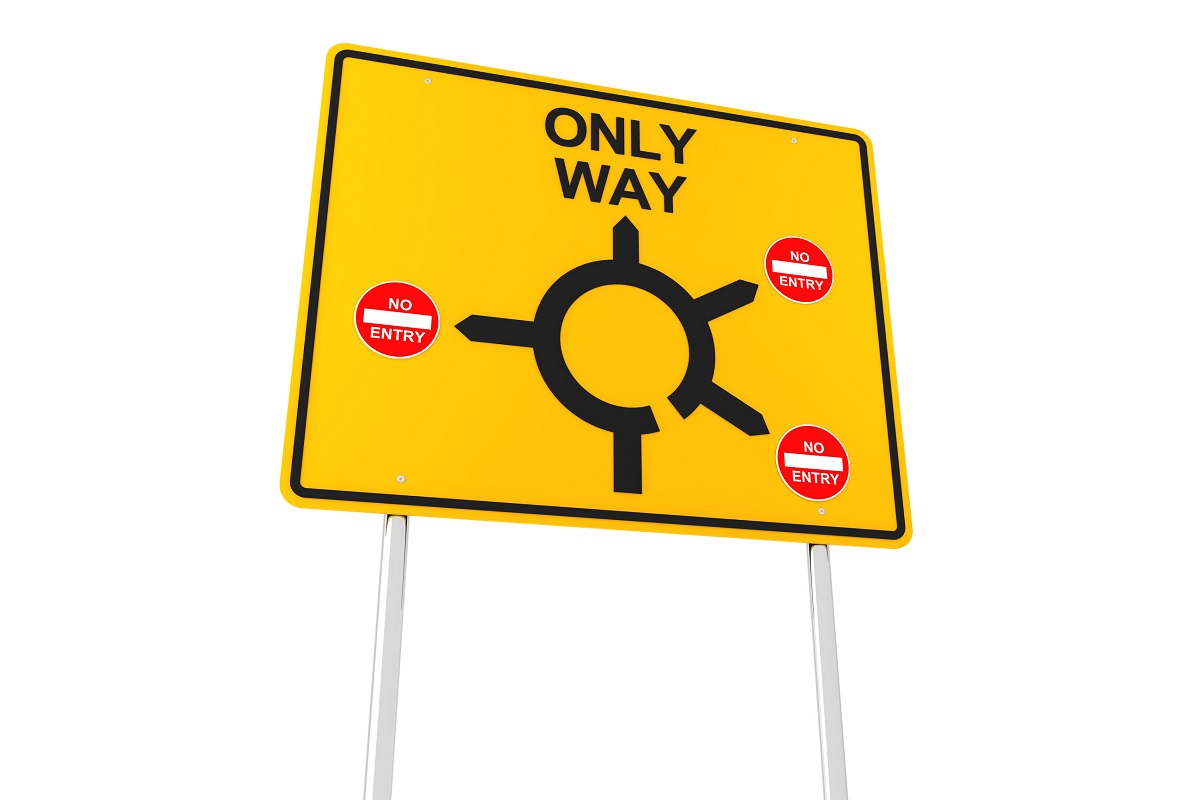Teachers’ rights: Can my manager make me go back to the classroom?

@KearsleyLaura @Nelsons_Law: Can my manager make me go back to the classroom?
With the government proposing that schools and colleges reopen for all students as normal in September, senior leadership teams are working around the clock to ensure the safety of both students and staff before their return to the classroom.
Today (Monday, 24 August), Prime Minister Boris Johnson has directly appealed to parents to send their children back to school – stating it is “damaging” for a child’s development to be away from school any longer and the risk of contracting coronavirus while in an educational setting is “very, very, very small”.
By September, it will have been more than six months since schools were open as normal and, in order to be “Covid-secure”, employers will need to undertake a risk assessment and put in place various measures to protect their staff from contracting coronavirus. According to the National Education Union (NEU), risk assessments should consider the position of vulnerable staff and staff in higher risk groups. Students in such groups may also need to be supported to learn from home. If necessary, arrangements such as rota systems should still be used to ensure the health and safety of all staff.
Laura Kearsley, partner in Nelsons’ expert employment law team, said: “Employers should be discussing and agreeing plans for September with all staff and ensure safety measures are in place before pupils return next month. The Department for Education (DfE) argues that most staff will be able to attend school where necessary protective measures set out in its guidance, particularly cleaning, hygiene and social distancing arrangements, are applied.
“However, despite the push to get schools open again, efforts should be made to consider whether staff other than those who work directly with students or are instrumental to the opening and cleaning should be on site and the timing of this. With so many changes to ways of working, many employees have concerns and questions about the logistics of returning to work when the coronavirus pandemic is still ongoing.”
Can my boss make me come back?
“If you have been asked to return to work then you will be deemed to be absent without authorisation if you don’t show up. You are unlikely to get paid for this and it may also be considered a disciplinary offence.
“Employees do have a right under health and safety rules to protect themselves from danger, but it will be much more reasonable to discuss concerns with your employer and seek reassurance rather than just failing to attend.”
What measures should my employer be taking to keep me safe?
“The Department for Education has compiled guidance, including a system of controls made up of prevention and response measures, for schools across the country to ensure the safe return of both staff and pupils. The arrangements adopted by schools for minimising contact and maintaining social distancing between individuals are of vital importance for staff and student safety.
“The overarching principle is to minimise contacts and mixing by keeping groups separate – the bubble approach – and maintain social distance between individuals where possible. The point of a bubble is to minimise the risk of infection by reducing contact and mixing at all times and to allow easier identification of contacts. For this to work, groups need to be as consistent and as small as possible.
“Some other key points include that staff should not be asked to attend in-person full staff meetings unless social distancing can be maintained and it should be considered whether other on-site/in person activities are necessary as they could increase the risk of exposure to the virus. Frequent cleaning regimes should be adopted, especially for regular touchpoints around the building.”
I am concerned there isn’t space to maintain social distancing. Do I have to go back to work if I am concerned for my health and safety?
“Ideally, adults should maintain two metres distance from each other and from children. However, this may not always be possible, particularly for those working with younger children.
“The DfE’s advice is to minimise contact between individuals and practise social distancing wherever possible through the combination of bubbles and maintaining distance. It’s likely that for younger children, there’ll be more of a focus on bubbles and for older children, there’ll be more of a focus on distancing.
“Classrooms will also have been adapted to support distancing where possible, including seating pupils side by side rather than face on and potentially removing unnecessary furniture to make additional space.
“Ultimately, this means if you do not attend work because of safety concerns, your employer could treat your absence as unauthorised and follow its disciplinary process.
“Employees do have legal rights not to be dismissed for raising health and safety claims but in the current climate, it would be preferable to try everything to resolve the situation without resorting to litigation, which could take many months.”
I have colleagues that don’t adhere to the social distancing rules at work – what shall I do?
“You should make your employer aware straight away and they should deal with this issue, potentially under the disciplinary policy.”
I have been shielding, can I refuse to go back to work?
“Unless you live in a local lockdown area or area where extra measures have been introduced, from 1 August, those in shielding categories are no longer required not to attend work. However, the guidance does state that they should work from home if they can. If your role cannot be done from home, shielding will not be a valid reason for you or members of your household not to attend work. You should discuss any concerns with your employer as they may be able to reassure you about measures in place.”
Should my employer provide me with PPE?
“There is no blanket requirement that all employees attending work need PPE. The DfE’s list of preventative measures includes to wear appropriate PPE where necessary, therefore you should discuss any specific concerns or requirements with your employer.
I have raised concerns with my employer that I don’t feel safe but they aren’t listening, what else should I do?
“If you have raised concerns with senior management but you don’t feel they have been addressed, you can consider whether to contact the Health and Safety Executive (HSE) about your concerns. It is the government body with responsibility for safety in the workplace and can take enforcement action against employers who are lacking.
“If you are in a dispute with your employer, you could also consider contacting your teaching union or ACAS, the government body that conciliate employment disputes.”











Responses